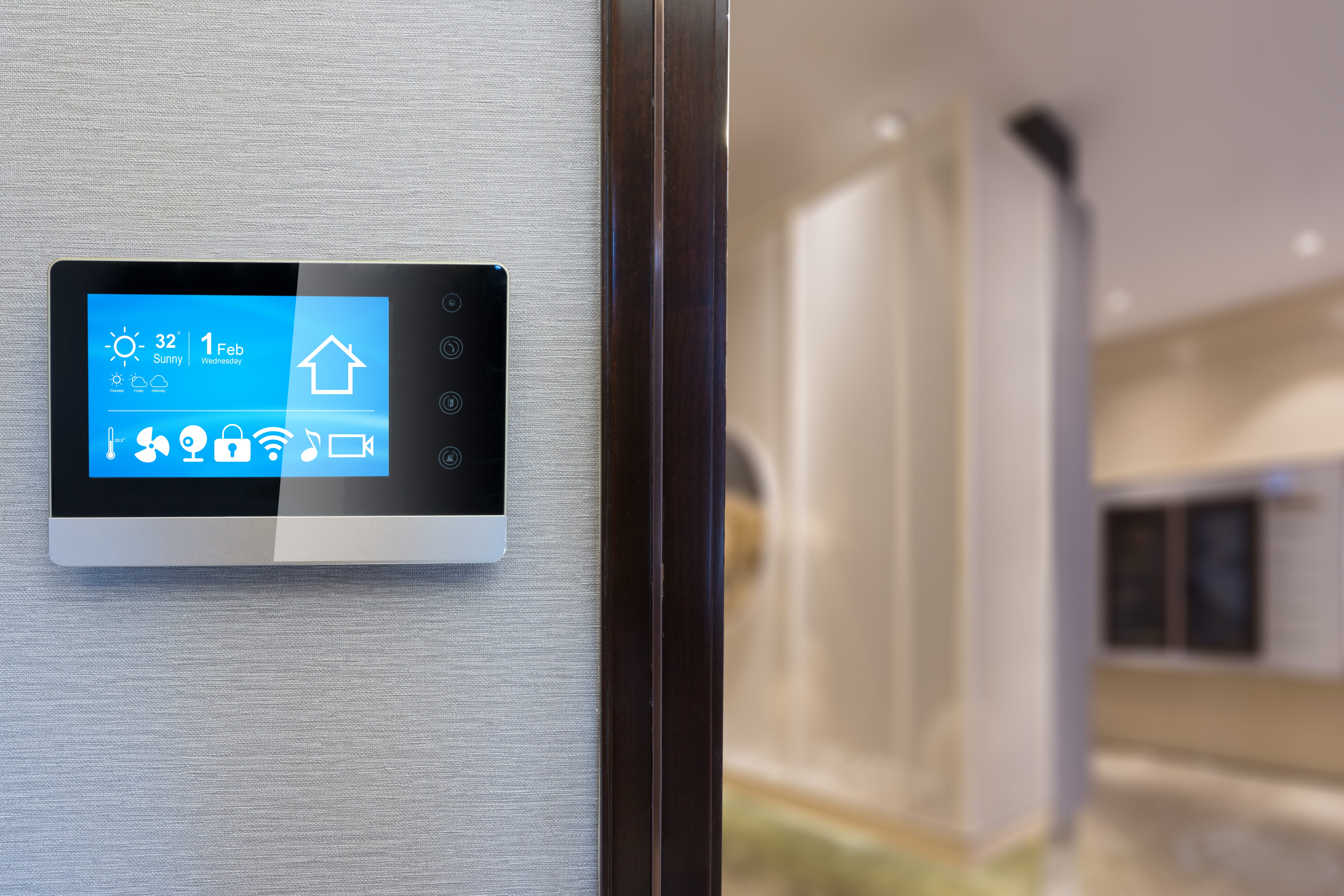If you’re looking for ways to make your home more energy-efficient and reduce your utility costs, there are several things, both small and large, that you can do. But one of the best ways to improve your home’s energy efficiency is to install new, more energy-efficient windows.
Air escaping through windows is responsible for as much as 30% of home heating and cooling energy use. All that energy is wasted if warm air in the winter or cool air in the summer isn’t staying in your home and keeping you and your family comfortable.
If you’re looking to retrofit your home and upgrade your current windows, the best energy-efficient windows can help conserve energy and keep your utility expenses from breaking the bank.
{{CTA-thermostat-right-plan}}
Updating Your Windows
If you have windows in good condition, you may simply want to update them to improve efficiency. You can upgrade and retrofit windows to save energy by making upgrades such as:
- Caulking and weatherstripping.
- Installing energy-efficient blinds and drapes.
- Adding storm windows or panels.
- Investing in exterior shading, such as awnings, overhangs, or external blinds.
- Installing solar control film.
No matter what updates you choose to make to your windows, make sure you install new products properly and double-check for any gaps or air leaks afterward.
Replacing Your Windows
If your windows are older and outdated, you may want to replace them entirely with energy-efficient windows. While this is the more expensive option, you can choose highly efficient windows that can greatly impact your energy usage and savings.
When shopping for new windows, here are a few things you should consider:
- Look for the ENERGY STAR® and National Fenestration Rating Council (NFRC) labels. These labels mark the most energy-efficient windows on the market.
- Gas-filled double-pane windows can help reduce heat loss, making them ideal for colder climates.
- For warmer regions, however, you may opt for glass window replacements with coatings designed to reduce heat gain.
- A window’s U-factor refers to the rate at which the window conducts non-solar heat flow. A lower U-factor offers better thermal resistance for colder regions.
- The solar heat gain coefficient (SHGC) measures the solar radiation a window allows. The lower the SHGC, the better.
If you decide to replace your windows, it’s important to ensure they are installed correctly to enjoy their full efficiency benefits. You should always hire a licensed professional who can install your new energy-efficient windows properly to ensure full efficiency and maintain your warranty.
What Makes a Window Energy-Efficient?
Double- or triple-pane windows are the most energy-efficient because they seal the window, preventing air from entering or exiting the house. Furthermore, these windows feature low-emissivity (low-E) glass coatings that keep heat in during the winter and prevent outside heat from coming in during the summer.
Other features of energy-efficient windows include:
- High-quality window frame materials to improve insulation, such as wood or wood-clad.
- Gas fills between the panes, such as krypton and argon.
- Spacers to insulate the edges of the panes and help reduce heat transfer.
Related: Learn how to save on appliance energy usage.
How Much Do Energy-Efficient Windows Cost?
The cost of new energy-efficient windows will vary depending on the brand, type, and materials you choose. In general, though, these windows range from $325 to $1,100, not including installation and labor costs, which are usually around $30-$60 per window but may vary depending on where you live and the company you hire.
Will Energy-Efficient Windows Save Me Money?
Switching to more efficient windows, such as double- or triple-pane, from the old-fashioned single pane can save you as much as $125 to $465 per year on your electricity bills, according to the U.S. Department of Energy. Your cost savings could be even higher, depending on your home's climate and which windows you plan to replace.
There are also financial incentives to upgrade or replace your windows with more energy-efficient options. The recent Inflation Reduction Act revived a tax credit for installing energy-efficient home improvements, including windows and insulation.
Are Energy-Efficient Windows Worth the Investment?
Suppose the windows in your home are older and poorly insulated. In that case, the best energy-efficient windows can easily help you save on your electric bill and help keep your home at your desired comfortable temperature year-round.
Adding new windows to your house can also increase your home’s property value, adding as much as $12,000 to the selling price.
Final Thoughts About Energy-Efficient Windows
The financial and energy-saving advantages of energy-efficient windows make them an excellent choice for homeowners looking for ways to reduce their carbon footprint and live more sustainably. You can maximize these advantages even further when they’re combined with the benefits of renewable energy.
Learn more about Gexa Energy and our 100% renewable plans from environmentally friendly renewable sources.






































